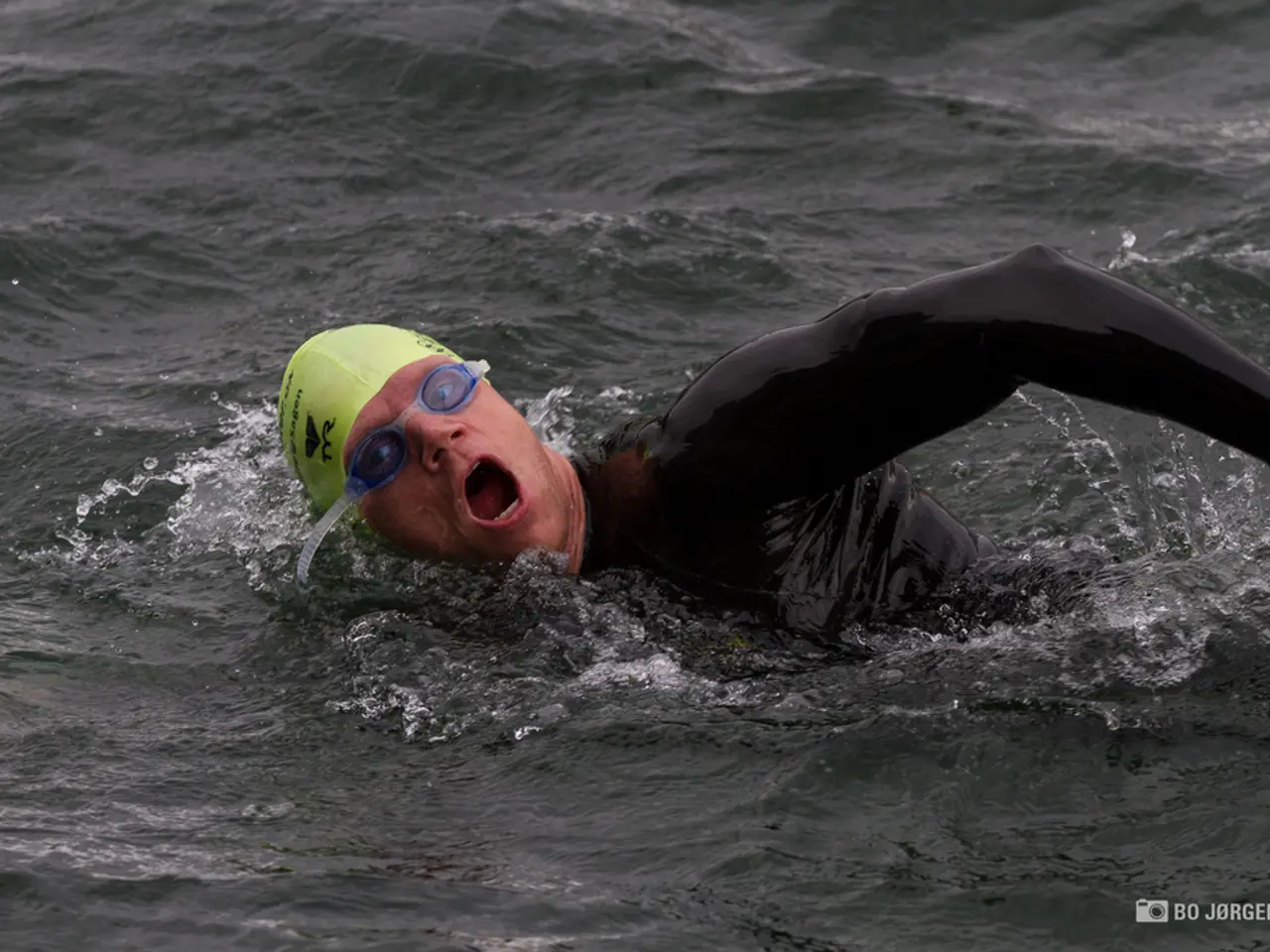Navigating Security in the Finger Lakes Region
Stay Safe This Summer: Expert Advice on Lake Activities and Injury Prevention
As the summer season approaches, many people are eager to enjoy the great outdoors and engage in water activities at local lakes. However, it's essential to be aware of the potential risks and take necessary precautions to ensure a safe and enjoyable experience.
According to Dr. Katherine Rizzone and Dr. Peter Obourn of UR Medicine, common lake-related injuries include head and spine injuries from diving into shallow or unknown waters, as well as musculoskeletal injuries like strains and sprains related to physical activities around lakes. These injuries can be serious and sometimes life-altering.
To help prevent these injuries, Drs. Rizzone and Obourn offer the following recommendations:
- Never dive into shallow or unknown water to avoid head and spinal injuries.
- Use nonslip mats or surfaces around pool and lakeside areas to reduce slipping and falling.
- Perform a proper warm-up for 5–10 minutes before engaging in physical activities to prepare muscles and joints and decrease the risk of strains.
- Maintain flexibility and mobility through regular stretching, especially in key muscle groups supporting balance and joint stability.
- Build core strength and balance to protect hips, knees, ankles, and improve overall stability.
- Listen to your body to recognize early signs of injury and rest appropriately rather than pushing through pain.
- Stay hydrated and nourished to support tissue health and recovery.
In addition to these tips, Dr. Obourn, who treats hundreds of lake-related injuries annually at UR Medicine Orthopaedic Urgent Care in Canandaigua, emphasizes the importance of supervising swimmers closely, especially children, and ensuring proper supervision and life jackets to prevent drownings.
Other recommendations include being aware of weather conditions, avoiding foreign objects in the water, and monitoring water temperature, especially for children and people with medical conditions, to prevent hypothermia. Dr. Rizzone also suggests taking breaks and resting between water activities to avoid overexertion and recommends learning and following water safety rules, such as wearing a life jacket.
By following these expert recommendations, you can help ensure a safe and enjoyable summer spent at the lake. Remember, prevention is key, and being mindful of your surroundings and your body will go a long way in reducing the risk of injury.
For those who do sustain orthopaedic injuries, UR Medicine Orthopaedic Urgent Care in Canandaigua is available to provide medical assistance. Stay safe, and enjoy the summer!
[References] [1] New York State requires a safety course for jet ski operators. [2] Dr. Rizzone recommends not participating in any water sports without proper safety equipment. [3] Dr. Rizzone advises staying hydrated while engaging in water activities to prevent heat exhaustion. [4] Dr. Rizzone advises seeking professional training before engaging in extreme water sports. [5] Dr. Obourn treats hundreds of lake-related injuries annually at UR Medicine Orthopaedic Urgent Care in Canandaigua. [6] Concussions caused by head trauma are the most frequent lake-related injury Dr. Obourn encounters.




